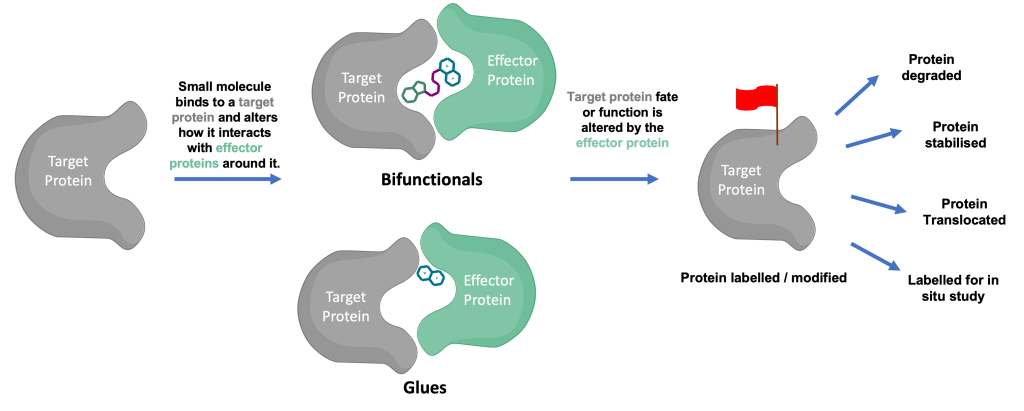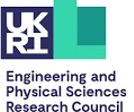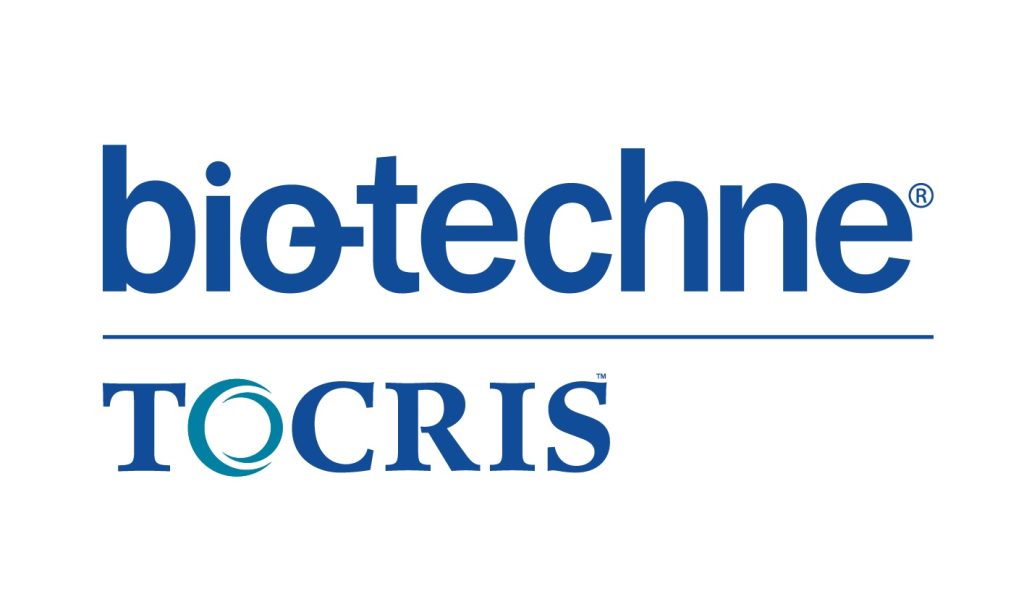Background
Diseases of the Central Nervous System (CNS) affect millions of people globally. In the UK alone, neurodegenerative diseases will affect 2 million people by 2051 and have very limited effective treatments. We seek to discover a new generation of chemical tools to better understand and address CNS diseases.
Currently, molecules used to treat and understand CNS diseases typically act by binding to critical sites on target proteins to block or inhibit their function. In contrast, small molecules that can induce proximity of target proteins to other ‘effector’ proteins are able to regulate target proteins in many other ways beyond just inhibition. This concept has revolutionised drug discovery and chemical biology and offers new paradigms for understanding and treating disease.
Our Approach

We identify new induced proximity approaches such as molecular glues and bifunctional molecules, as well as developing new chemical genetics systems. This includes, but is not limited to the use of high-throughput chemistry and allied cellular assays, novel electrophilic probes, chemoproteomics, biophysics and cellular mechanism of action studies in the most disease relevant models possible. Our group is based within the University of Dundee Centre for Targeted Protein Degradation, a world-class research centre for multi-disciplinary translational chemical biology. We collaborate with experts in academia and industry to ensure our research and the approaches we discover can have maximal impact and meaning for the life science community. We use our creative freedom, curiosity and our passion for scientific discovery to generate new knowledge to benefit society.
Funding
We are immensely grateful for the support we receive from all our funders, without whom our work could not be done.










